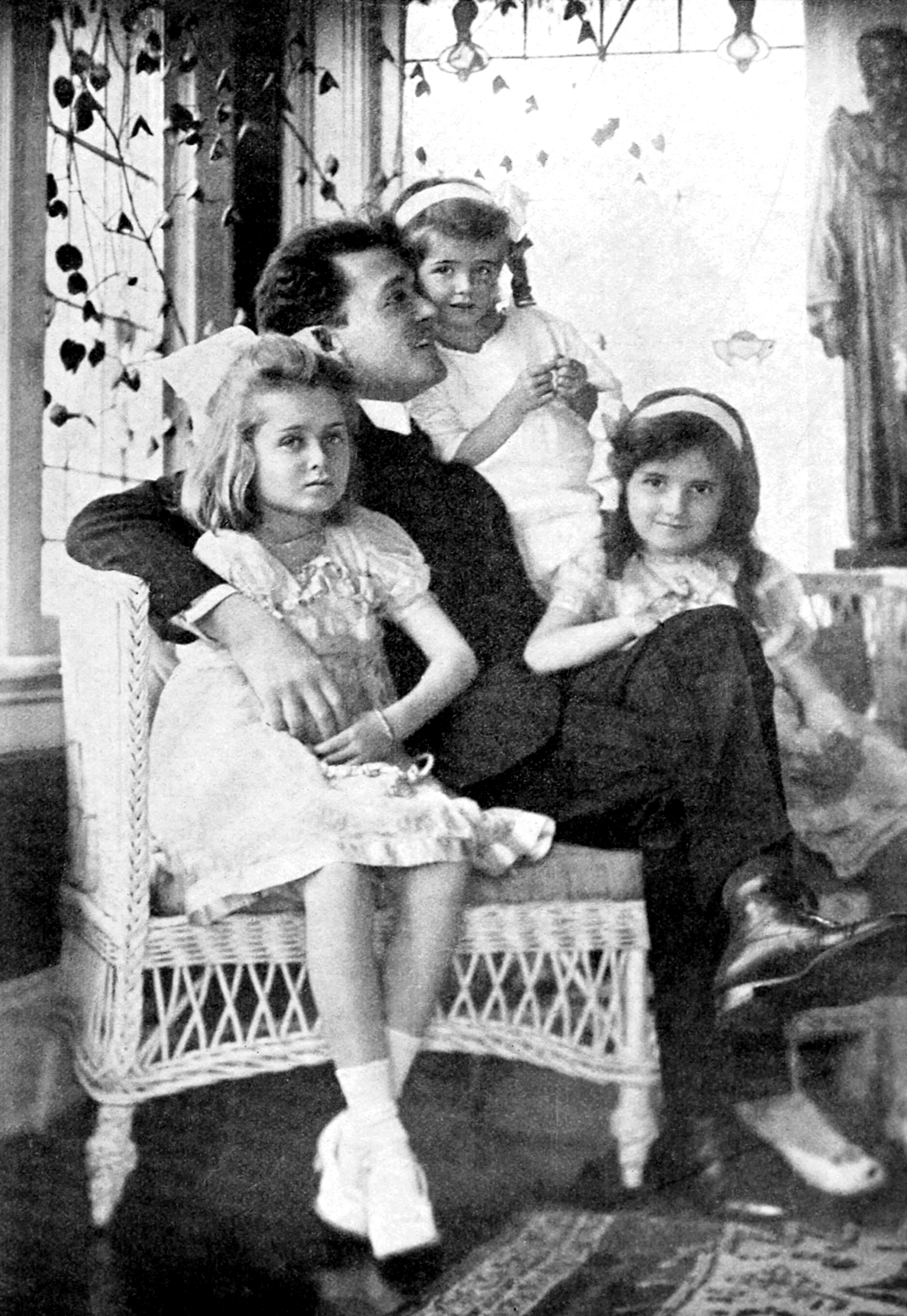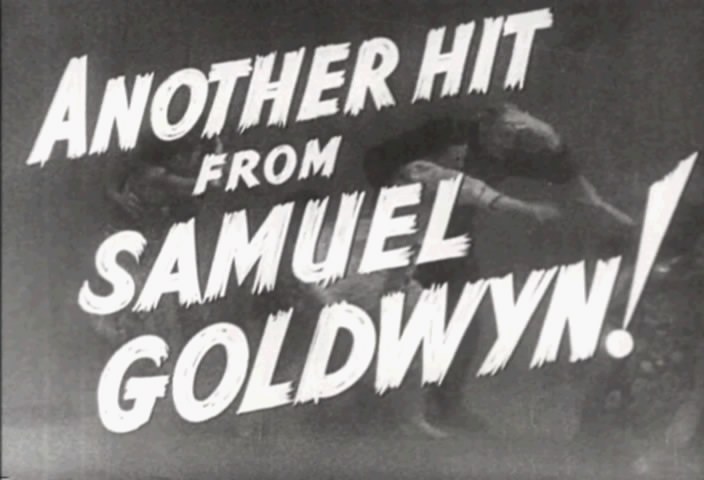|
Constance Bennett
Constance Campbell Bennett (October 22, 1904 – July 24, 1965) was an American stage, film, radio, and television actress and producer. She was a major Hollywood star during the 1920s and 1930s; during the early 1930s, she was the highest-paid actress in Hollywood. Bennett frequently played society women, focusing on melodramas in the early 1930s and then taking more comedic roles in the late 1930s and 1940s. She is best remembered for her leading roles in ''What Price Hollywood?'' (1932), '' Bed of Roses'' (1933), '' Topper'' (1937), '' Topper Takes a Trip'' (1938), and had a prominent supporting role in Greta Garbo's last film, ''Two-Faced Woman'' (1941). She was the daughter of stage and silent film star Richard Bennett, and the older sister of actress Joan Bennett. Early life Bennett was born in New York City, the eldest of three daughters of actress Adrienne Morrison and actor Richard Bennett. Her younger sisters were actresses Joan Bennett and Barbara Bennett. All th ... [...More Info...] [...Related Items...] OR: [Wikipedia] [Google] [Baidu] |
Fort Dix, New Jersey
Fort Dix, the common name for the Army Support Activity (ASA) located at Joint Base McGuire-Dix-Lakehurst, is a United States Army post. It is located south-southeast of Trenton, New Jersey. Fort Dix is under the jurisdiction of the Air Force Air Mobility Command. As of the 2010 United States Census, Fort Dix census-designated place (CDP) had a total population of 7,716,DP-1 - Profile of General Population and Housing Characteristics: 2010 Demographic Profile Data for Fort Dix CDP, New Jersey , . Accessed 17 June 2013. [...More Info...] [...Related Items...] OR: [Wikipedia] [Google] [Baidu] |
Two-Faced Woman
''Two-Faced Woman'' is a 1941 American romantic comedy film directed by George Cukor and starring Greta Garbo in her final film role, Melvyn Douglas, Constance Bennett, and Roland Young. The movie was distributed by Metro-Goldwyn-Mayer. Garbo plays a wife who pretends to be her own fictitious twin sister in order to recapture the affections of her estranged husband (Douglas), who has left her for a former girlfriend (Bennett). The film is generally regarded as the box-office flop that ended Garbo's career in an unsuccessful attempt to modernize or "Americanize" her image in order to increase her shrinking fan base in the United States. By mutual agreement, Garbo's MGM contract was terminated shortly after ''Two-Faced Woman'' was released, and it became her last film. Plot Fashion magazine editor Larry Blake (Melvyn Douglas) marries ski instructor Karin Borg (Greta Garbo) on impulse, but she soon learns he expects her to be a dutiful wife, and not the independent woman she was whe ... [...More Info...] [...Related Items...] OR: [Wikipedia] [Google] [Baidu] |
Bought!
''Bought'' is a 1931 American Pre-Code drama film produced and released by Warner Bros. and directed by Archie Mayo. The movie stars Constance Bennett and features Ben Lyon, Richard Bennett and Dorothy Peterson. It is based on the 1930 novel ''Jackdaw's Strut'' by Harriet Henry. Warner Bros. paid Bennett an all-time high salary of $30,000 a week for her work in this film.Hirschhorn, Clive. (1979) ''The Warner Bros. Story'' p.106 Plot Raised in poverty by a never-married mother, Stephanie Dale resents her mother's working-class sensibilities. Dreaming of a rich lifestyle Stephanie gets a job modeling as a modiste shop when a wealthy patron, David Meyer, notices her and is immediately attracted to her. However, the same day Stephanie returns home to find that her mother has died. She moves out and finds an apartment in a good location for meeting celebrities. David and Stephanie begin spending time together and his wealth allows her to indulge in luxuries. They share an intere ... [...More Info...] [...Related Items...] OR: [Wikipedia] [Google] [Baidu] |
The Easiest Way
''The Easiest Way'' is a 1931 American pre-Code MGM drama film directed by Jack Conway. Adapted from the 1909 play of the same name written by Eugene Walter and directed by David Belasco, the film stars Constance Bennett, Adolphe Menjou, Robert Montgomery, Marjorie Rambeau, Anita Page, and Clark Gable Plot Growing up in a poor working-class family, Laura (Constance Bennett) works hard to support her family. Laura's father, Ben (J. Farrell MacDonald) encourages his other daughter Peg ( Anita Page) to marry a hard-working man named Nick (Clark Gable). Laura rejects a marriage proposal from the boy-next-door to become involved with William Brockton (Adolphe Menjou) a wealthy man many years her senior whom she met at a modeling job. She allows him to shower her with expensive gifts and moves into his luxury apartment. Her newly found wealth does not come without any backlash, though. Her mother Agnes (Clara Blandick), notices a difference in Laura and that she is working more ni ... [...More Info...] [...Related Items...] OR: [Wikipedia] [Google] [Baidu] |
Metro-Goldwyn-Mayer
Metro-Goldwyn-Mayer Studios Inc., also known as Metro-Goldwyn-Mayer Pictures and abbreviated as MGM, is an American film, television production, distribution and media company owned by amazon (company), Amazon through MGM Holdings, founded on April 17, 1924 and based in Beverly Hills, California. MGM was formed by Marcus Loew by combining Metro Pictures, Goldwyn Pictures, and Louis B. Mayer Productions, Louis B. Mayer Pictures into one company. It hired a number of well known actors as contract players—its slogan was "more stars than there are in heaven"—and soon became Hollywood's most prestigious film studio, producing popular musical films and winning many Academy Awards. MGM also owned film studios, movie lots, movie theaters and technical production facilities. Its most prosperous era, from 1926 to 1959, was bracketed by two productions of ''Ben-Hur (1959 film), Ben Hur''. After that, it divested itself of the Loews movie theater chain, and, in the 1960s, diversified ... [...More Info...] [...Related Items...] OR: [Wikipedia] [Google] [Baidu] |
Cytherea (1924 Film)
''Cytherea'' is a 1924 American silent romantic drama film directed by George Fitzmaurice and starring Alma Rubens, Lewis Stone, Constance Bennett, and Norman Kerry. Based on the novel ''Cytherea, Goddess of Love'', by Joseph Hergesheimer and was adapted for the screen by Frances Marion. ''Cytherea'' features two dream sequences filmed in an early version of the Technicolor color film process.Progressive Silent Film List: ''Cytherea'' at silentera.com The film is also known as ''The Forbidden Way''. Plot As described in a film magazine review, Lee Randon, forty years old and bored, sees his nephew Morris becoming infatuated with Mina Raff and reproaches him. Later, when Morris leaves his wife to go with Mina, contented housewife Fanny Randon, who has n ...[...More Info...] [...Related Items...] OR: [Wikipedia] [Google] [Baidu] |
Samuel Goldwyn
Samuel Goldwyn (born Szmuel Gelbfisz; yi, שמואל געלבפֿיש; August 27, 1882 (claimed) January 31, 1974), also known as Samuel Goldfish, was a Polish-born American film producer. He was best known for being the founding contributor and executive of several motion picture studios in Hollywood. He was awarded the 1973 Golden Globe Cecil B. DeMille Award, the Irving G. Thalberg Memorial Award (1947) and the Jean Hersholt Humanitarian Award (1958). Early life Goldwyn was likely born in July 1879, although he claimed his birthday to be August 27, 1882. He was born as Szmuel Gelbfisz in Warsaw to Polish Jewish Hasidic parents, Aaron Dawid Gelbfisz (1859–1894), a peddler, and his wife, Hanna Frymet (''née'' Fiszhaut ; 1860–1925). He left Warsaw penniless after his father's death and made his way to Hamburg. There he stayed with acquaintances of his family where he has trained as a glove maker. On November 26, 1898, Gelbfisz left Hamburg for Birmingham, England, whe ... [...More Info...] [...Related Items...] OR: [Wikipedia] [Google] [Baidu] |
Silent Film
A silent film is a film with no synchronized recorded sound (or more generally, no audible dialogue). Though silent films convey narrative and emotion visually, various plot elements (such as a setting or era) or key lines of dialogue may, when necessary, be conveyed by the use of title cards. The term "silent film" is something of a misnomer, as these films were almost always accompanied by live sounds. During the silent era that existed from the mid-1890s to the late 1920s, a pianist, theater organist—or even, in large cities, a small orchestra—would often play music to accompany the films. Pianists and organists would play either from sheet music, or improvisation. Sometimes a person would even narrate the inter-title cards for the audience. Though at the time the technology to synchronize sound with the film did not exist, music was seen as an essential part of the viewing experience. "Silent film" is typically used as a historical term to describe an era of cinema pri ... [...More Info...] [...Related Items...] OR: [Wikipedia] [Google] [Baidu] |
New York City
New York, often called New York City or NYC, is the List of United States cities by population, most populous city in the United States. With a 2020 population of 8,804,190 distributed over , New York City is also the List of United States cities by population density, most densely populated major city in the United States, and is more than twice as populous as second-place Los Angeles. New York City lies at the southern tip of New York (state), New York State, and constitutes the geographical and demographic center of both the Northeast megalopolis and the New York metropolitan area, the largest metropolitan area in the world by urban area, urban landmass. With over 20.1 million people in its metropolitan statistical area and 23.5 million in its combined statistical area as of 2020, New York is one of the world's most populous Megacity, megacities, and over 58 million people live within of the city. New York City is a global city, global Culture of New ... [...More Info...] [...Related Items...] OR: [Wikipedia] [Google] [Baidu] |
Film
A film also called a movie, motion picture, moving picture, picture, photoplay or (slang) flick is a work of visual art that simulates experiences and otherwise communicates ideas, stories, perceptions, feelings, beauty, or atmosphere through the use of moving images. These images are generally accompanied by sound and, more rarely, other sensory stimulations. The word "cinema", short for cinematography, is often used to refer to filmmaking and the film industry, and to the art form that is the result of it. Recording and transmission of film The moving images of a film are created by photography, photographing actual scenes with a movie camera, motion-picture camera, by photographing drawings or miniature models using traditional animation techniques, by means of computer-generated imagery, CGI and computer animation, or by a combination of some or all of these techniques, and other visual effects. Before the introduction of digital production, series of still imag ... [...More Info...] [...Related Items...] OR: [Wikipedia] [Google] [Baidu] |
Chapin School
Chapin School is an all-girls independent day school in New York City's Upper East Side neighborhood in Manhattan. History Maria Bowen Chapin opened "Miss Chapin's School for Girls and Kindergarten for Boys and Girls" in 1901. The school originally enrolled 78 students, who were taught by seven teachers. It developed from a small elementary school Chapin and Alice Wetmore founded in 1894 that was explicitly intended to prepare young girls for success at the Brearley School, which had been created 10 years earlier. Chapin ran the educational side of "Primary Classes for Girls" and Wetmore ran the business end. The two ended their partnership in 1901, and Miss Chapin's School was born. Chapin's first high school diplomas were granted in 1908, and the last boys attended in 1917. According to archival sources recounted in ''And Cheer for the Green and Gold'', Chapin was an early feminist and suffragette who focused heavily on character development and intended the school to offer t ... [...More Info...] [...Related Items...] OR: [Wikipedia] [Google] [Baidu] |







